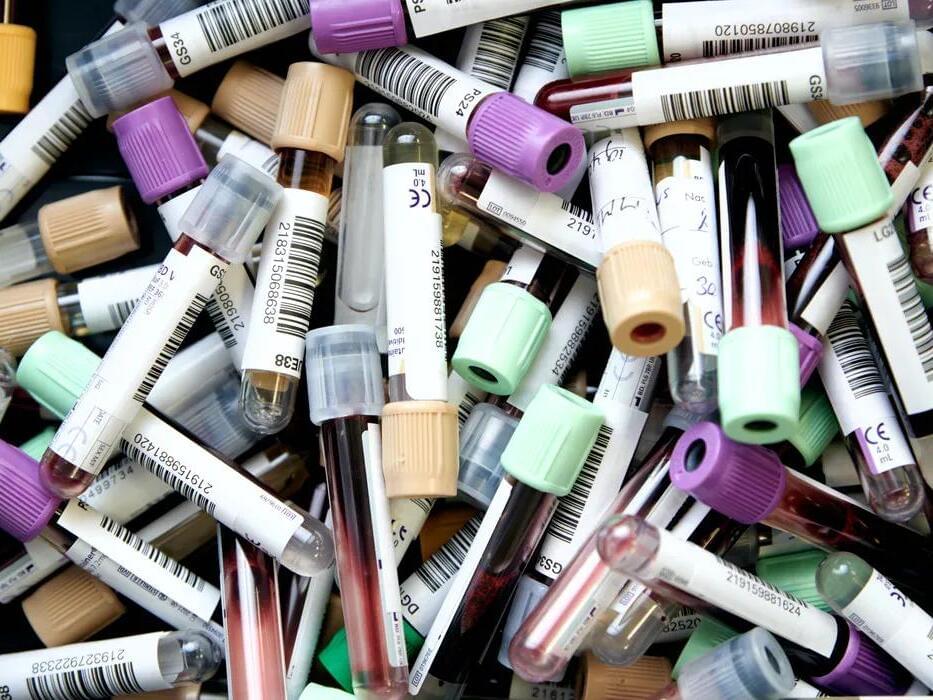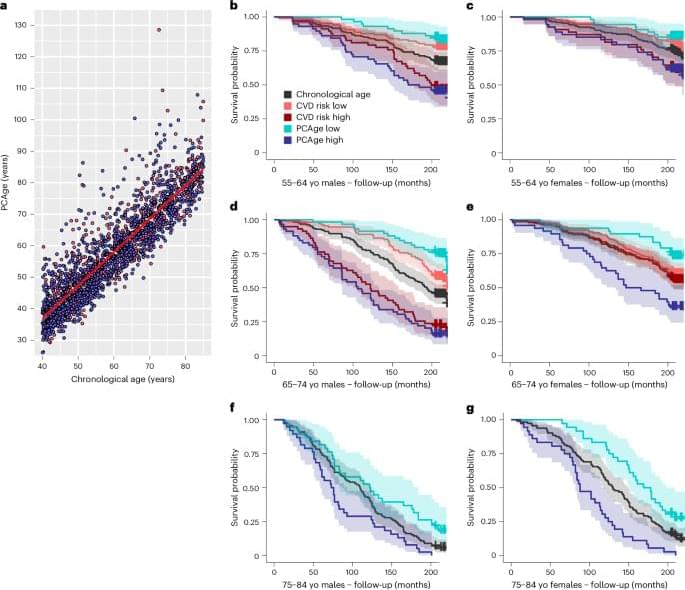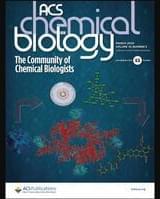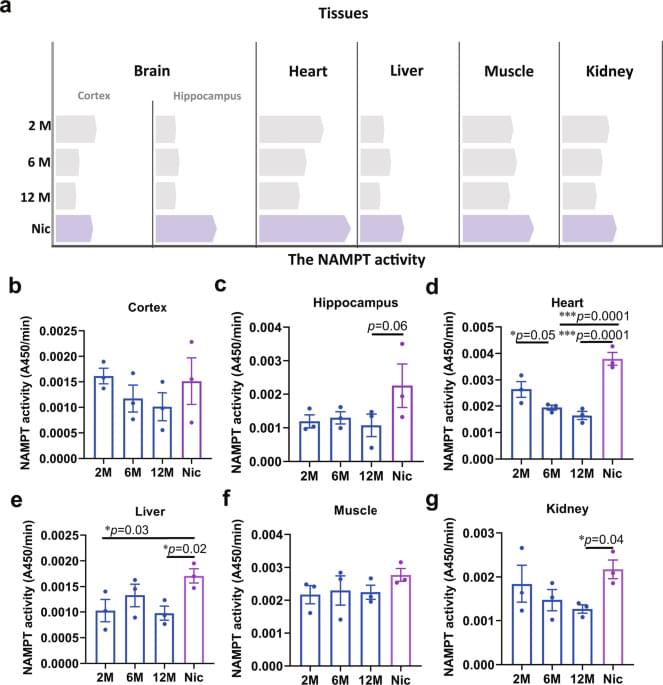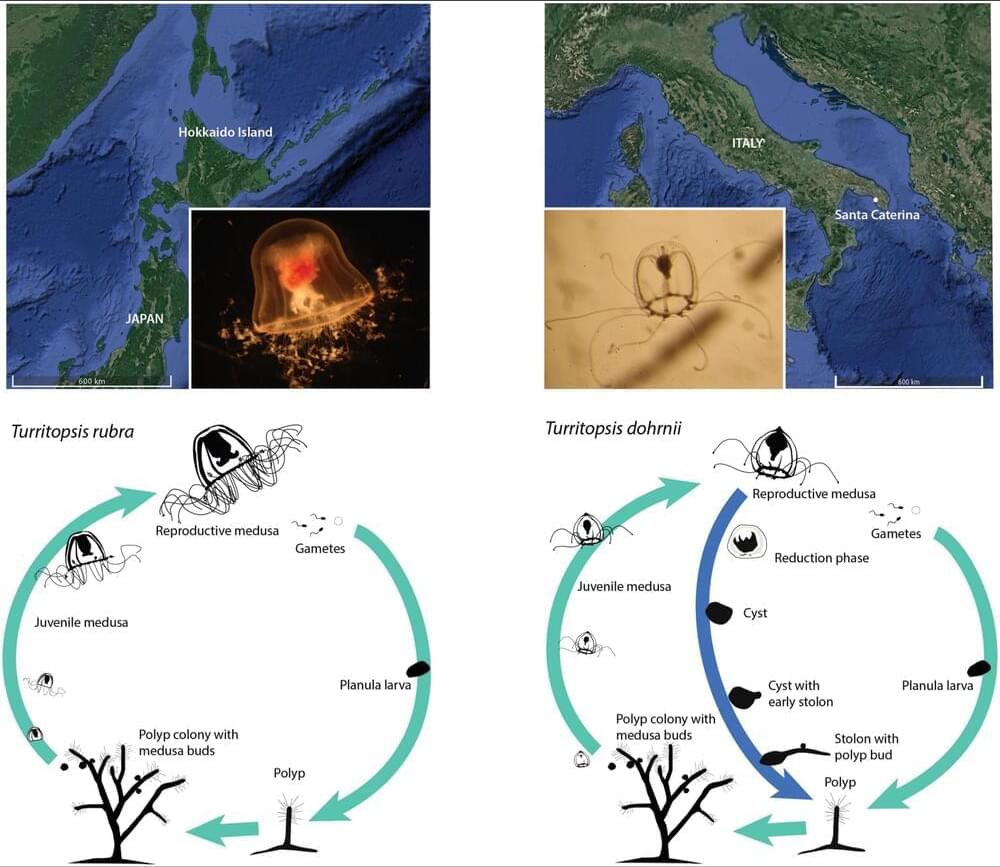Centenarians have become the fastest-growing demographic group in the world, with numbers approximately doubling every 10 years since the 1970s.
Many researchers have sought out the factors and contributors that determine a long and healthy life. The dissolution isn’t new either, with Plato and Aristotle writing about the ageing process over 2,300 years ago.
Understanding what is behind living a longer life involves unravelling the complex interplay of genetic predisposition and lifestyle factors and how they interact.
